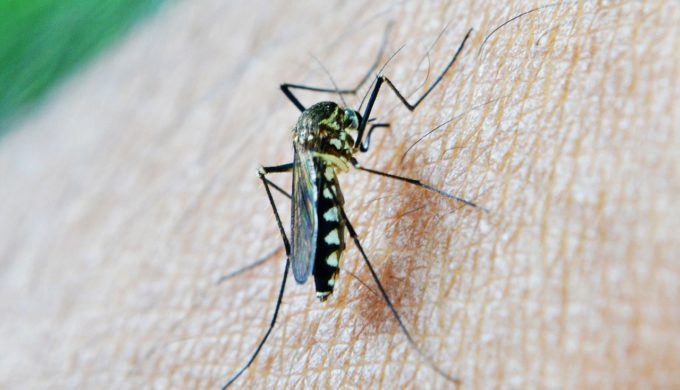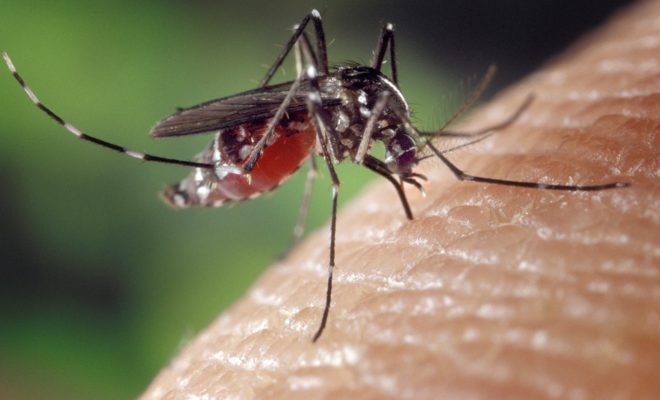On Sept. 29, the Centers for Disease Control and Prevention announced it had deactivated its Emergency Operations Center for Zika virus response and would be returning to normal operations for the foreseeable future. Since being activated in January 2016, the EOC served as the headquarters for a variety of specialists whose goal was to, “protect Americans, especially pregnant women, fetuses, and infants, from the emerging virus and its devastating consequences.” In a recent press release, the CDC stated that going forward, it would continue to work in conjunction with healthcare providers to ensure women and children affected by the virus sustain the best care possible.
World News
Emergency Operations for Zika Virus Response Are Being Restructured

Photo: Pixabay
It is of the utmost importance to note the CDC emphasized that the threat of Zika in the United States has not abated.
“Zika is still a risk for pregnant women, and the continental United States and Hawaii will continue to see some travel-related cases as travelers visit countries and territories with risk of Zika transmission,” said the CDC. “The possibility of local transmission in the continental United States and Hawaii still exists.”
Fortunately, the virus is completely preventable if you take the proper measures. Making sure to apply bug spray, specifically, a repellent containing DEET or other CDC suggested active ingredients, will significantly lower your chances of being bitten by mosquitos. However, when attempting to protect children, the CDC suggests it is important to keep a few things in mind.
- Children less than two months old should not have any type of repellant applied to their skin.
- When using a spray, put a small amount on your hands, and then apply that to the child’s face, making sure to avoid the mouth and eyes.
- Avoid applying repellent to any open wounds, including small scrapes and cuts.
Additionally, wearing long-sleeved shirts and pants will reduce skin exposure to virus-carrying pests.
While these actions will help reduce the chances of contracting Zika, it is possible to contract the virus through other ways. For more information about proper preventative measures, follow this link to the CDC’s website.
References:


